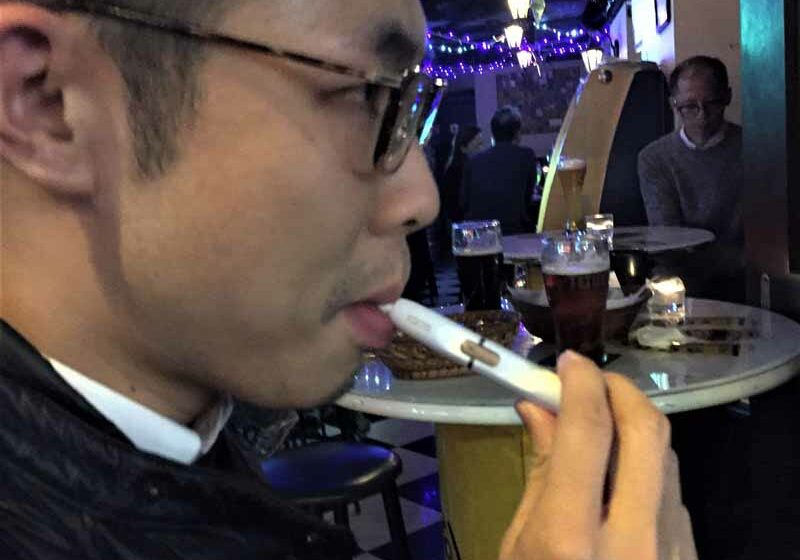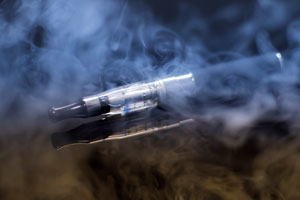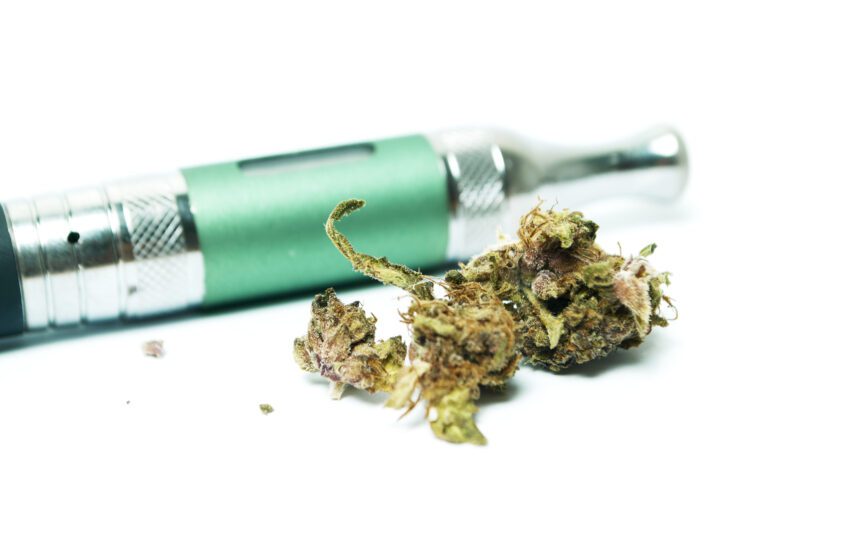A group of broad industry stakeholders concerned with two false claims regarding the vaping industry: (1) FDA regulated vapor products have caused acute pulmonary diseases and multiple fatalities, and (2) youth initiation is driven by flavored nicotine-containing e-liquids have submitted a white paper to state attorney generals and the FDA.
“Each claim will have significant negative public health and economic impacts. Further, the consequences of the political action taken in response to these two fabrications have not been duly taken into consideration. Together, our group represents multiple domestic and foreign hardware and e-liquid manufactures and more than 600 vape retail stores in 35 states who serve approximately one million customers a year, of which over 85 percent have used vaping to quit or substantially reduce smoking combustible cigarettes,” the paper states. “The companies described in the introduction below represent approximately 5 percent of the vape store market and employ approximately 2,700 employees who earn $63 million in annual wages.”
Claim 1: Vaping creates acute pulmonary disease and has led to multiple fatalities. There is no evidence that FDA regulated vapor products have resulted in any of the recent pulmonary disease-related deaths and the overwhelming majority of the patients suffering from respiratory illness have reported the use of only THC vaping products, with or without nicotine. CDC has failed to properly distinguish illegal black-market THC vaping cartridges from legally purchased nicotine-containing e-cigarettes. This oversight has caused significant consumer confusion, resulting in customers returning to cigarettes and economic hardship for vape retail store operators.
Claim 2: Youth initiation is driven by flavored electronic nicotine delivery systems (otherwise known as ENDS, e-cigarettes, or nicotine-containing vapor products). Flavored ENDS products have existed worldwide for more than a decade. The acceleration of youth consumption only became an epidemic in the last two years along with the increased popularity of high-nicotine, closed-pod systems. This youth initiation closely follows JUUL’s growth and market penetration. Flavors are not the underlying cause of the increase in youth uptake.
“These two claims are having significant negative impacts with respect to public health (sending people back to smoking and black markets), as well as significant economic (80,000+ potentially lost jobs and $24 billion industry economic output) and political impacts (8 million upset, passionate vapers who feel vaping has improved their lives),” the paper states.
KEY TAKEAWAYS FROM VAPING INDUSTRY POLICY WHITE PAPER:
1. An e-Liquid Flavor Ban is Vastly Misguided. • Youth are attracted to high nicotine concentrations in e-liquids, not flavors.
Call to reform and limit youth initiation • Limit flavors to lower nicotine levels in adult- only, retail facilities using age verification methods.
2. The recent reports of an acute vaping-related lung illness have been in relation to THC cartridges bought on the black market, not the FDA regulated vapor products that millions of smokers have stopped smoking cigarettes with.
• There is no evidence that FDA regulated vapor products have resulted in any of the recent pulmonary disease-related deaths and the overwhelming majority of the patients suffering from respiratory illness have reported the use of only THC vaping products, with or without nicotine.
• CDC has failed to properly distinguish illegal THC vaping cartridges from legally purchased nicotine-containing e-cigarettes.
3. CDC’s misguided vaping recommendations and state flavor bans have resulted in a negative public health and economic impact.
• Consumers are going back to smoking cigarettes or looking to the black market.
• Thousands of small businesses are faced with having to close their doors.







